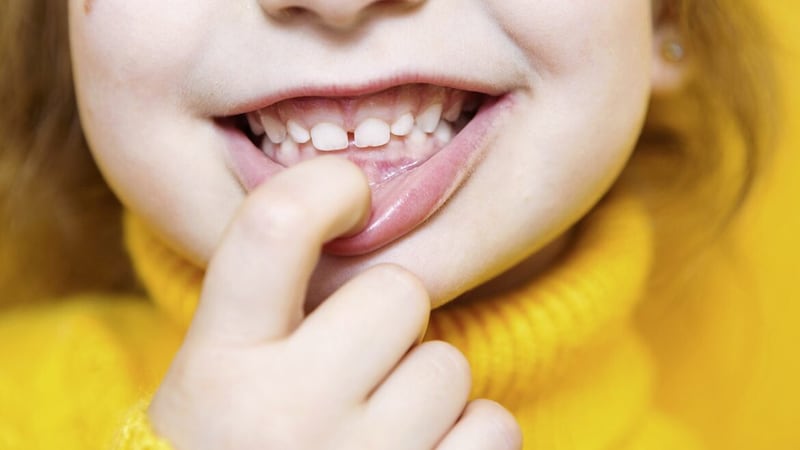SCIENTISTS can tell if your mum was upset during pregnancy and if your children are likely to be prone to plumpness without you uttering a single word.
They aren't using telepathy, just reading the tell-tale signs in baby teeth. The enamel in baby teeth has tiny lines which, similar to the growth rings in trees, differ in their thickness.
Anthropologists were quick to realise the value of these developmental lines when studying ancient teeth. They noticed that the thickness of the lines varied if a person had been through a period of extreme illness or poor nutrition.
Groundbreaking research found that the lines in babies' eye teeth were thicker in children whose mothers were under immense stress during pregnancy.
Researchers have speculated that one day they may be able to use these line markers to identify children who are more at risk from depression and other mental health disorders so that early intervention help may be initiated sooner and in a more targeted fashion.
More recently, studies of babies' molar teeth have revealed that the lines can be related to the natural rhythms of our bodies. The human body has many different natural rhythms, which ebb and flow throughout our day, a week or a whole month.
We are all familiar with our circadian rhythm which helps us fall asleep and wake up and the monthly menstruation cycle in the female body.
First, the researchers banked the children's baby teeth and then followed the participants from childhood through their teenage years. They took measurements of the children's weight, height and leg length.
They found that the children with fast biorhythms had fewer growth lines in their teeth and tended to put on less weight throughout adolescence. People with longer weekly biorhythms had slower metabolisms which were displayed as more growth lines in the teeth.
Our teeth are acting like a permanent biological clock that we can read for decades after they have been shed. So, there are some secrets that, try as you might, you just can't hide from your teeth.








